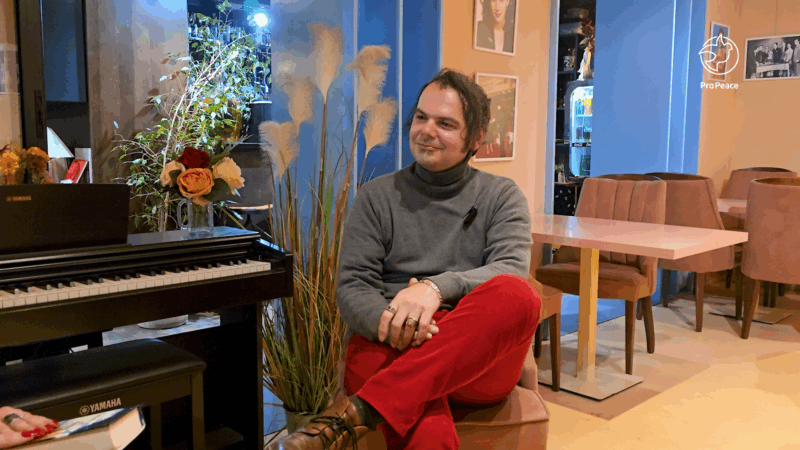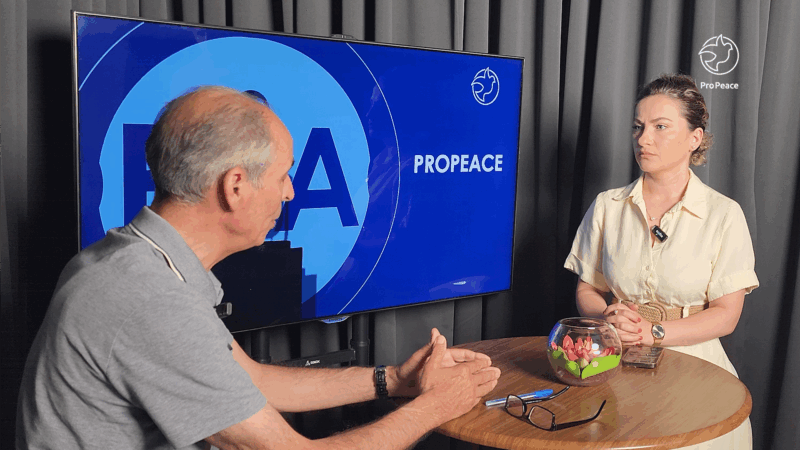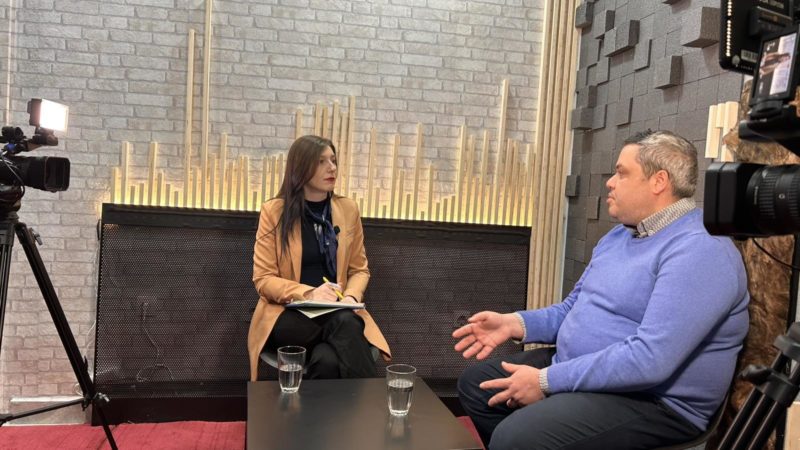In the second episode of the “Balkan Perspective” podcast, we discuss the role of international courts in restoring peace in the Balkans after the conflicts of the 1990s. What impact have these institutions had in addressing war crimes and building trust among citizens? Are these courts perceived as a mechanism of justice by the affected communities?
Special attention is given to North Macedonia, analyzing the level of peace and inter-ethnic relations following the 2001 conflict. Our guest is Imer Selmani, a prominent political figure who has held significant positions throughout his career and has been a witness to key developments in the country.
You Might also like
-
Knowledge in different cultures and languages is the key stone in the peace building process
Interview with the polyglot Elvi Sidheri
In this episode of transitional justice we speak about the influence of the culture and its role on the process of reconciliation. What is the advantage of knowing different cultures or different languages? On these topics we talk with the polyglot Elvi Sidheri who speaks 15 different languages. Born in Tirana, currently lives in Prishtina and speaks every Balkan language. He has written several books and translated many big writers. These are his views on the topic and his personal story.
Post Views: 788 -
Amnesties and Transitional Justice in North Macedonia – Reconciliation or Evasion?
In this episode, we dive into a topic with deep historical and political weight — the Law on Amnesty and its impact on transitional justice processes in North Macedonia. We explore how amnesty has been used in the past, what it aims to achieve, and whether it truly contributes to social reconciliation — or simply covers up injustices.
Is amnesty a step toward justice — or a detour away from it?
A conversation that challenges official narratives and sheds light on the role of the state, victims, and justice in a society striving to heal past wounds without forgetting them.
Post Views: 890 -
What is Transitional Justice?
In the first episode of our new podcast series, Balkan Perspectives, we talk about Transitional Justice, what does it mean, and how have countries in the Balkans dealt with it? Why don’t we learn about it as a subject in schools, even though it’s so important? To answer these questions, we talked to University Professor Blagoj Conev, who explains the basics of Transitional Justice and why it is important for our region.
Post Views: 719





